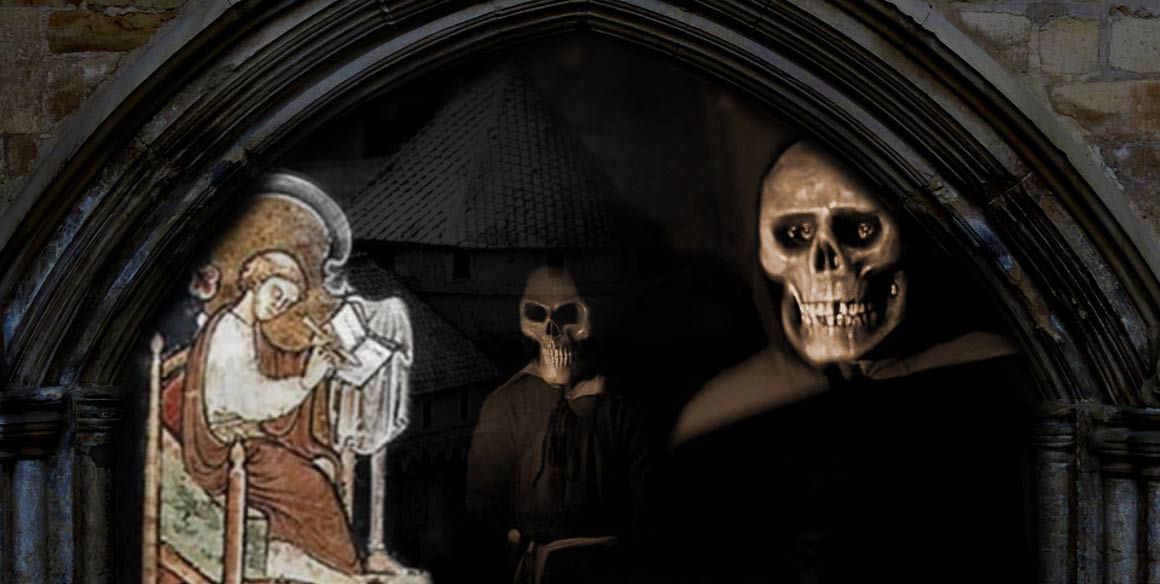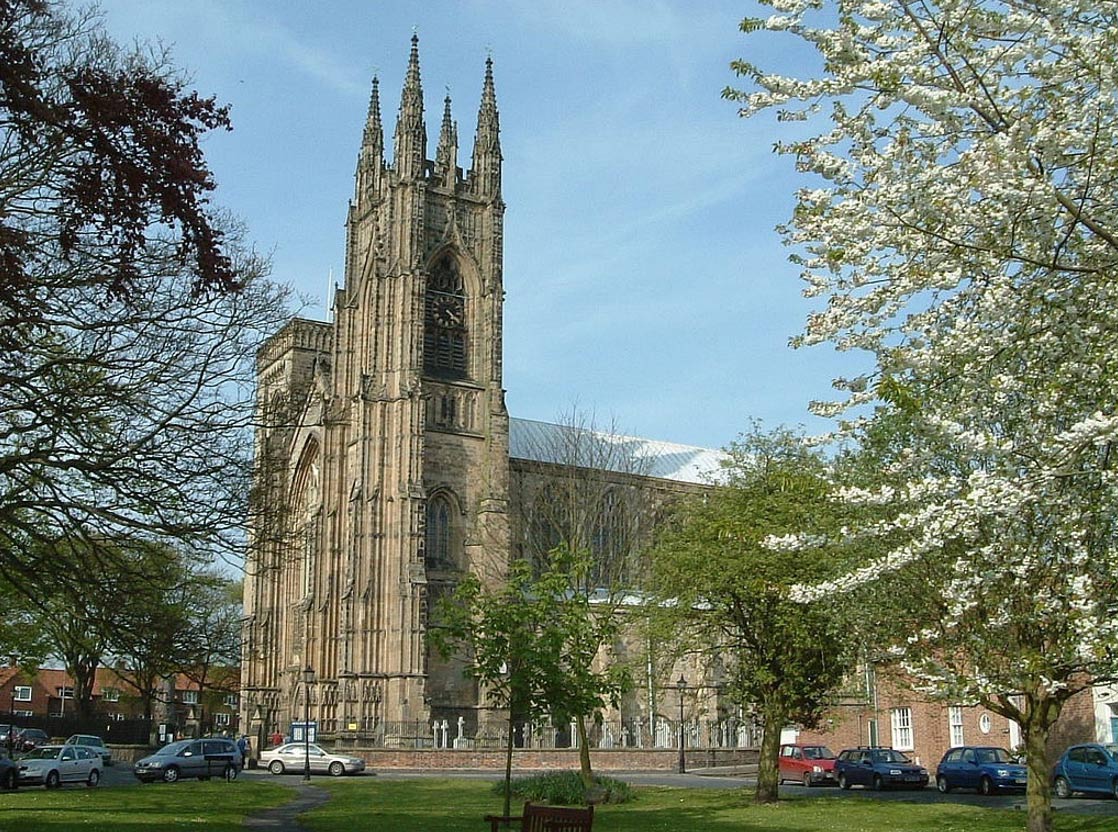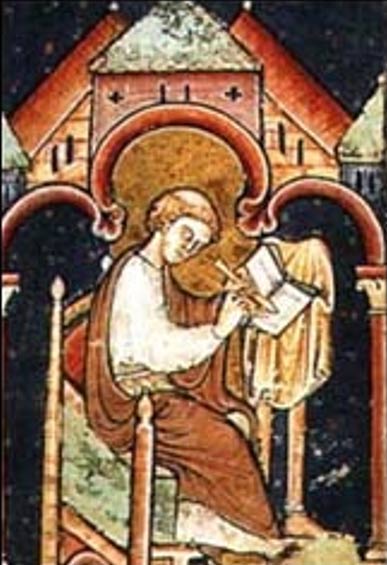
William of Newburgh: Medieval Vampire Hunter?
“It would not be easy to believe that the corpses of the dead should sally from their graves, and should wander about to the terror or destruction of the living, did not frequent examples, occurring in our own times, suffice to establish this as a warning to posterity, to the truth of which there is abundant testimony.”
-William of Newburgh, writing in the 12th century.
Derived from the Latin reveniens meaning ‘returning’ or ‘to come back,’ the word revenant is used in a supernatural context to refer to people who return from the dead. To encounter the first popular usage of the word, we have to travel back nearly 900 years, to England in the 12th century, where we meet an unlikely chronicler of vampire and zombie encounters called William of Newburgh.
The setting is the county of Yorkshire where, in the year AD 1145, the wealthy monastic order of the Austin Canons, based at Bridlington Priory, decided to establish another, smaller priory at Newburgh, near Coxwold.

The Nave of Bridlington Priory survived the Dissolution of the Monasteries and was subsequently restored to become the parish church – the Priory Church of St Mary. (Public Domain)
Little is known about the history of Newburgh Priory in the then relatively remote North Yorkshire Moors during its monastic heyday, although in the years following the Dissolution of the Monasteries, when it became a private house, Newburgh was reputed to be the final burial place of Oliver Cromwell.
In the 12th century that first group of Austin Canons engaged in the construction of Newburgh Priory. Among them was a young, nine-year-old Bridlington boy called William Parvus. William spent his entire life (1136-1198) at Newburgh and subsequently became known as William of Newburgh “the father of historical criticism.”

William of Newburgh (Public Domain)





